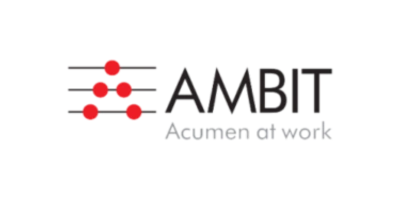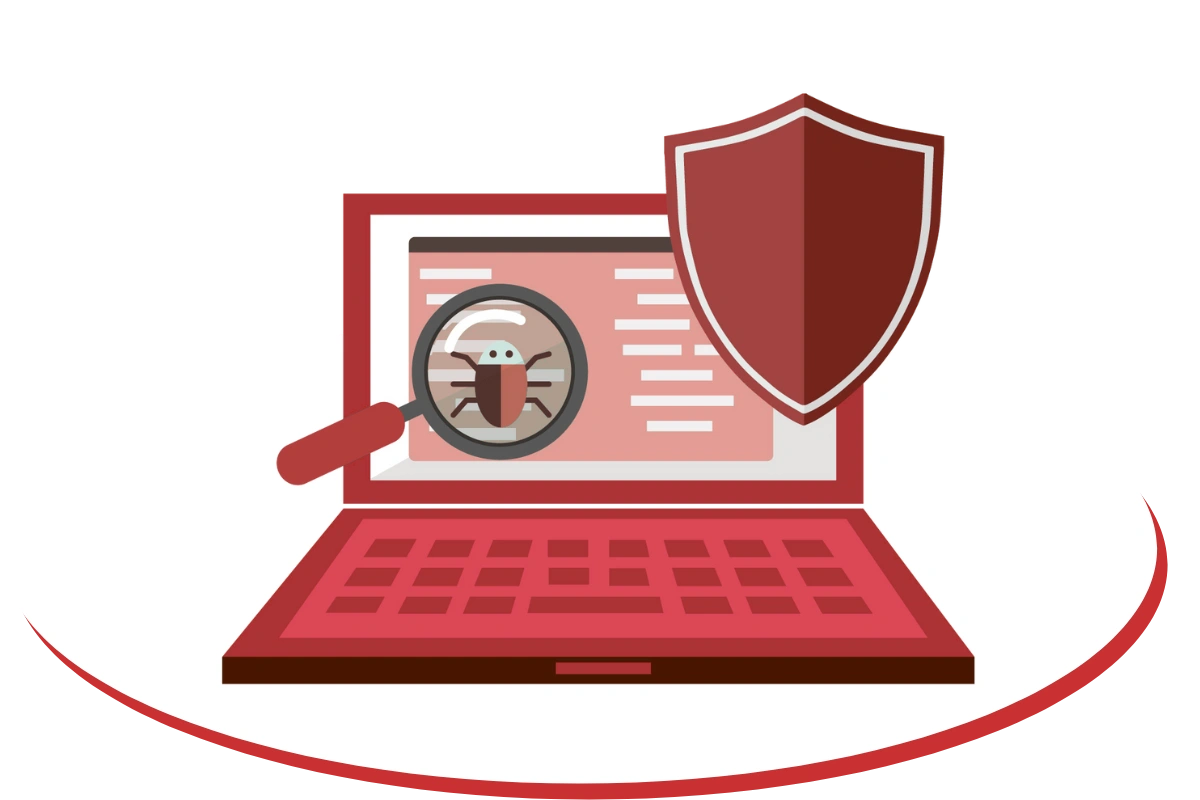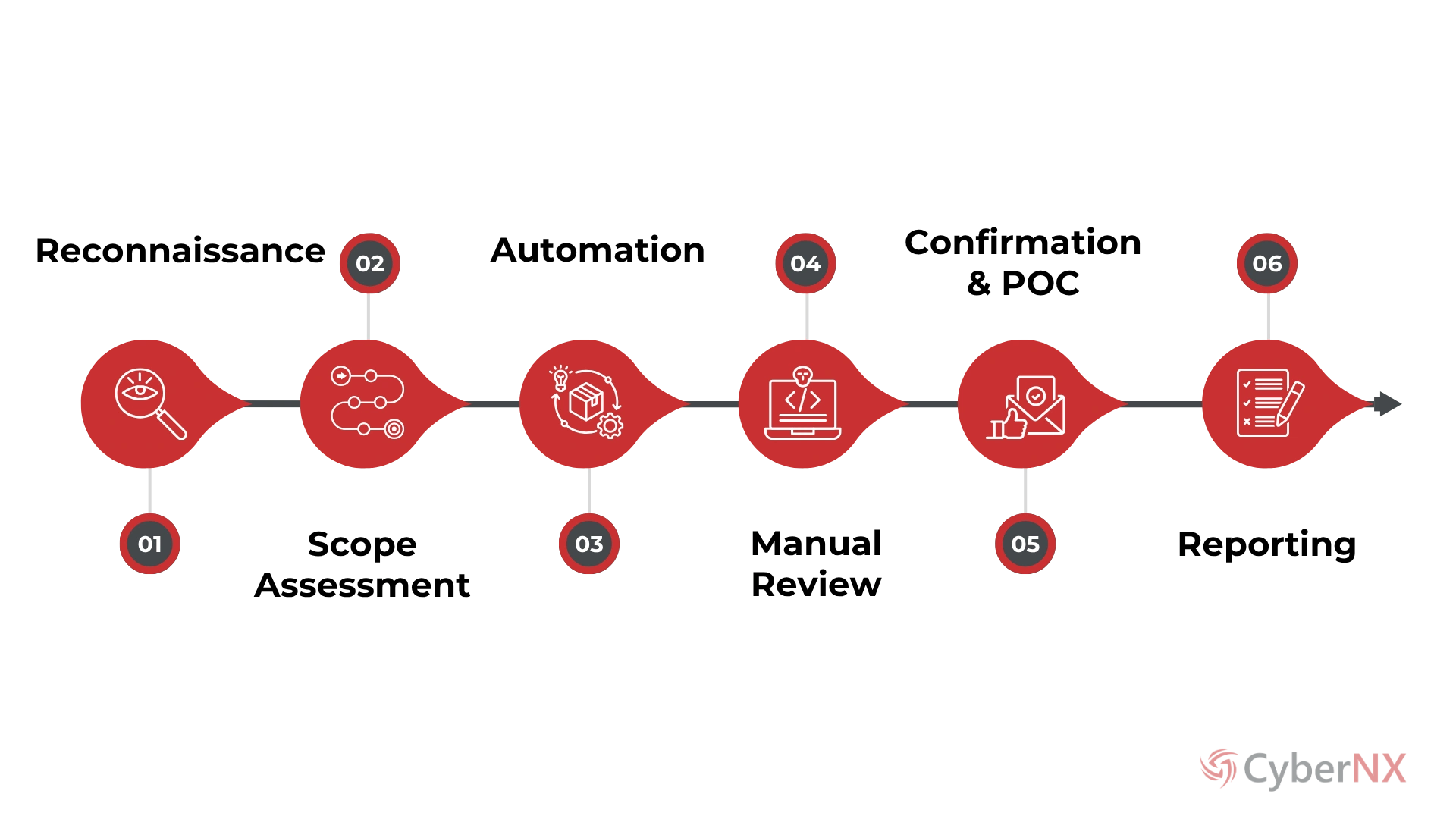Defend Against Potential Threats with
Expert Secure Code Review Services
Leverage our CERT-IN Empanelled Secure Code Review services to identify and fix vulnerabilities, ensuring robust application security.
Talk to our Experts Today























INTRODUCTION
Highly Specialized Secure Code Review Services from CyberNX
Secure Code Review is crucial for identifying and mitigating security weaknesses proactively. By simulating real-world threats, it helps detect vulnerabilities and provides strategic insights for prioritized mitigation. Our team of experts meticulously analyzes your code to identify and rectify vulnerabilities, ensuring your applications are secure and resilient.

We address your key challenges:
PROCESS
How It Works?

Looking for Secure Code Review Services? Connect with us.
APPROACH
Secure Code Review: What Sets CyberNX Apart?
Cutting-Edge Tools
CERT-IN Empanelled
Risk Mitigation
Highly Skilled Team
Regulatory Compliance
Customer first Approach is our guiding principle.
BENEFITS
Improve Quality, Consistency, and
Reliability of Software Code
Early Detection of Security Issues
Identify and address vulnerabilities promptly, reducing the number of delivery defects found at later stages in the SDLC.
Reduce Developer Time
Decrease the time developers spend fixing late-stage defects, increasing overall productivity and allowing focus on new features.
Improve Code Quality
Minimize bugs and security vulnerabilities entering production, resulting in more robust and secure software.
Enhance Productivity
Foster better collaboration, knowledge sharing, and productivity. Lessons learned from code reviews can improve future development practices.
For Customized Plans tailored to Your Needs,
Get in Touch Today!
FAQ
Frequently Asked Questions
CyberNX offers:
- Manual Testing: Detailed, hands-on examination of your code by expert security analysts to identify complex issues.
- Automated Testing: Advanced tools and technologies to quickly identify common security flaws, ensuring a thorough and consistent review process.
RESOURCES
